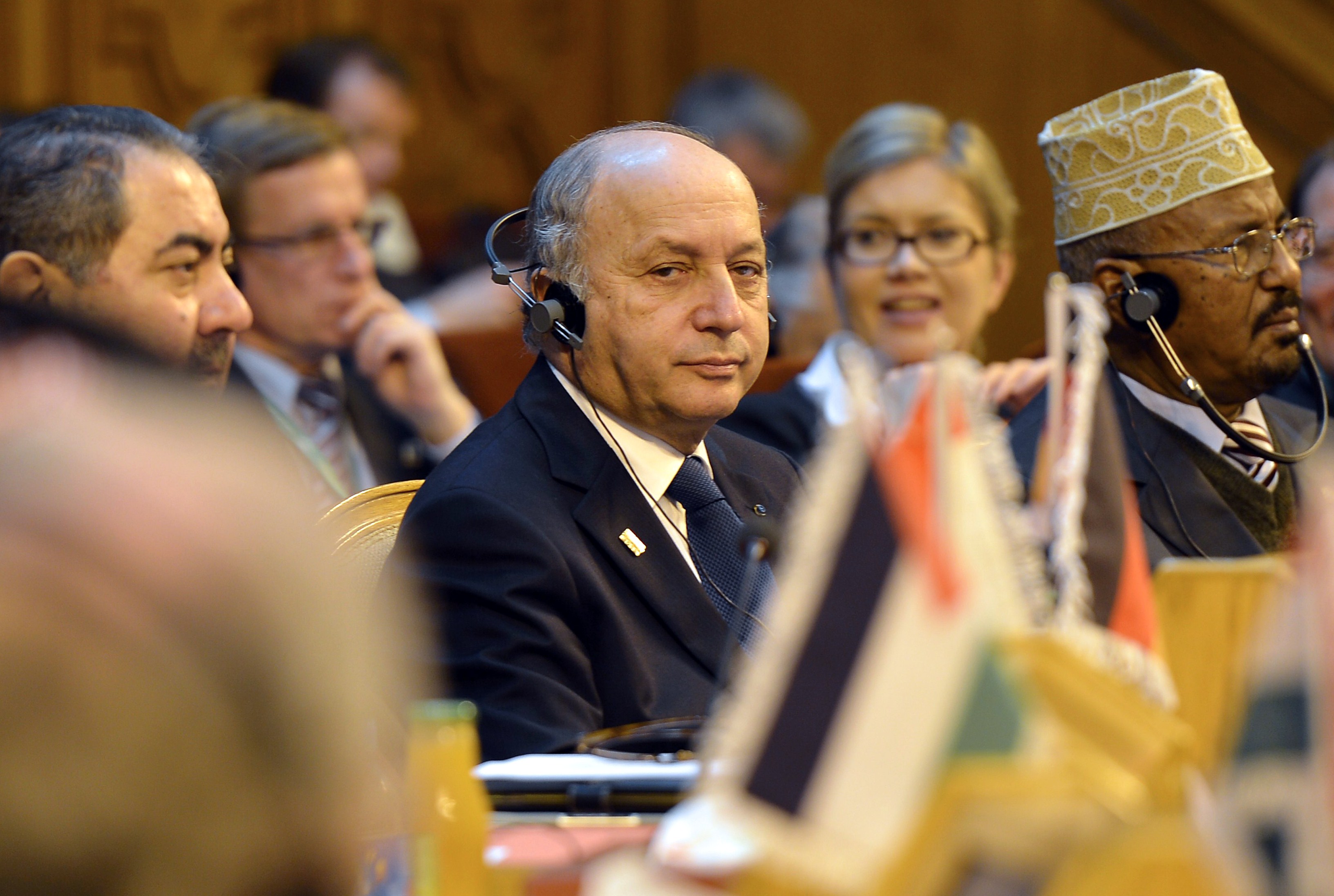CAIRO: A Chechen Al-Azhar student recently deported to Russia from Egypt has gone missing, according to the Associated Press. Human rights groups have suggested that he was detained by Russian authorities in order to put pressure on his father, a prominent Chechen separatist. The student, Maskhud Abdullayev, was deported on June 19 after being held as part of a security crackdown by Egyptian authorities on the eve of President Barack Obama s speech at Cairo University.
Abdullayev was accompanied by his Chechen friend Ahmed Azimov.
Azimov claims that upon arriving at Moscow s Domodedovo Airport, the two were separated and he was questioned, according to statements made to Moscow Echo Radio by Abdullayev s mother. Abdullayev was held for further questioning. Azimov cleared customs and waited for his friend for several hours, but he never arrived. In a June 17 statement, Amnesty International warned that if Abdullayev is deported he will be at risk of torture or other-ill-treatment.
Amnesty urged Egypt not to forcibly return Abdullayev or any of the other students to Russia, citing Egypt s role as a signatory to the UN Convention against Torture, which prohibits the return of any national to an environment where it is possible they could be tortured. Fellow Chechens deported from Egypt believe he was taken by the Russian Special Service (FSB). He may be used as a leveraging tool with Russian authorities looking to achieve a confession and potentially the capture and sentencing of his father, Supyan Abdullayev, deputy to the president of the Chechen Republic of Ichkeria.
Amnesty International and other human rights organizations have documented that Chechens are already the victims of discrimination and harassment in Moscow. Abdullayev was one of at least 40 students detained by Egyptian security forces at the end of May, shortly before the arrival of President Obama in Cairo.
The students were rounded up by security forces in their dormitories for allegedly violating visa regulations.
Of the students, 17 were immediately released. The remaining students were detained in the Tora prison or other facilities and were reportedly denied legal representation and access to foreign diplomats. Following this, many of the students were deported in the past week on visa violations. Amnesty International s June 17 statement highlighted the case of Abdullayev and five other Chechen students set to be deported.
The students claimed that they had refugee status in Azerbaijan before beginning their studies at Al-Azhar. However, their request to fly to Azerbaijan rather than Russia was denied. According to relatives, Abdullayev left Chechnya at the age of 12 and is not involved with the conflict there. He and his mother were subsequently granted asylum in Azerbaijan. His mother, who now lives in the Azerbaijani capital Baku, divorced Supyan Abdullayev and the family has not been in contact with him for years. Supyan Abdullayev serves the rebel leader Doku Umarov. He is considered a potential successor to this post. He has been extensively involved in the Chechen separatist movement, founding the Islamic Renaissance Party during the 1980s and rising through the ranks in the First and Second Chechen Wars. He has also become entrenched in internal disputes and is considered more of a religious than military figure. The small, predominantly Muslim republic in the Caucasus has been at odds with Moscow since the fall of the Soviet Union. In an attempt to prevent secession, Russia has kept a tight grip on the republic, through violent force, the strangling of political movements and the installation of pro-Russia leaders. Abdullayev s whereabouts are still unknown. Friends, family and human rights workers have expressed concern for his safety, as the Russian Secret Service has detained without charge those with connections to Chechen separatists in the past.



